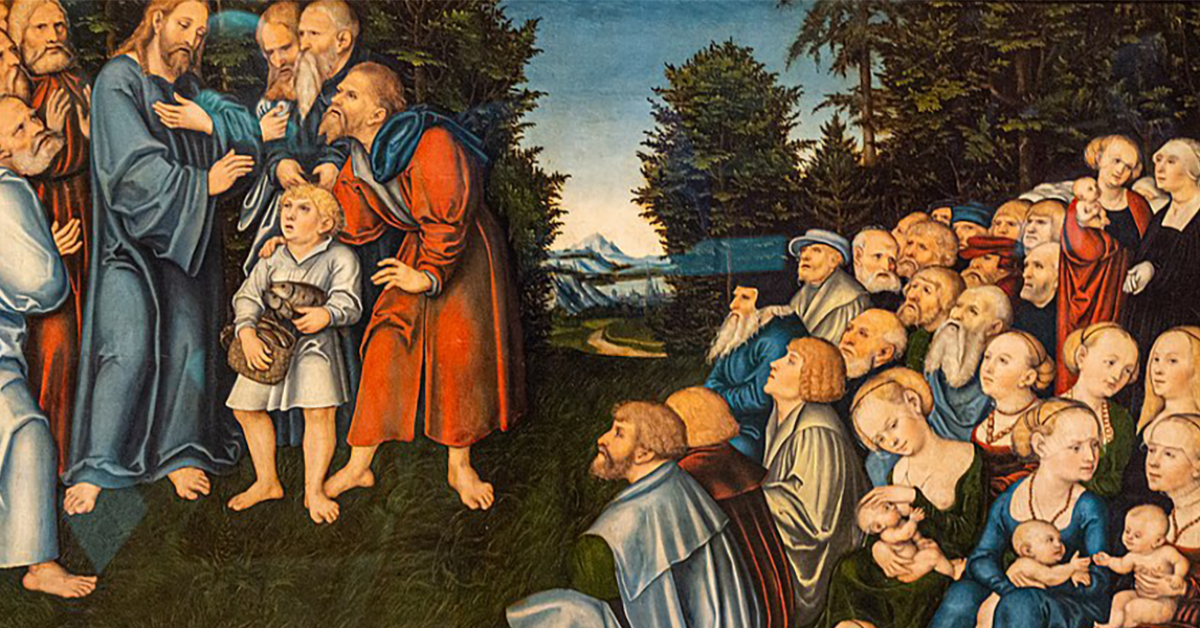Community Building over Meals
Slow Walking Series
Ritual scholars remind us of the universal experience and meaning of shared meals—that they do more than nourish the body with the food. By their corporate nature, the meals build community; the feast celebrates an important event, present or historical; the food and drink can take on symbolic meaning, whether it’s a champagne toast by the best man or the favorite dessert served at a loved one’s funeral lunch. Phillippe Rouillard, a Benedictine monk and theologian of sacramental theology, wrote, “The meal taken in common seals belonging to a same group. It implies an idea of communion and sharing … and the fact of inviting someone to eat with one is perceived as an efficacious sign of integration and communion” (“From Human Meal to Christian Eucharist,” in Living Bread, Saving Cup, 133). The early months of the Pandemic, when large gatherings with food and drink were dangerous places we were told we must avoid, instilled in us the need of shared meals, both ordinary and extraordinary, to be fully human.
Recognizing the intrinsic value of meals, some resources on adult catechumenate models encourage the practice. “Simple refreshments available as people are gathering will provide a welcoming environment, even just one or two beverage option and a tray filled with small pieces of fruit” (Go Make Disciples, 82, emphasis added). Describing the full meal that his parish practiced in their adult faith formation process, Paul Hoffman offers three values of a shared meal: “Our goal with the meal is to help people feel welcome, offer them a place to belong, and create a space in which relationships with other Christians can begin to form and take shape” (Faith Forming Faith, 9).
Of course, meals play a major role throughout Scripture, especially in the ministry of Jesus. Jesus “ate with tax collectors and sinners” and responded to that criticism with the parable of the Lost Son, who was welcomed home by his father with a feast of the fatted calf. To serve food at adult faith formation gatherings, whether “simple refreshments” or a full meal, recognizes the power of a shared meal and the potential sign that it may be “a foretaste of the feast to come.”
+++
Image: The miracle of the five loaves and two fish
By Lucas Cranach the Elder – Wuselig, Public Domain, https://commons.wikimedia.org/w/index.php?curid=85228885
Nationalmuseum, Stockholm, Sweden
